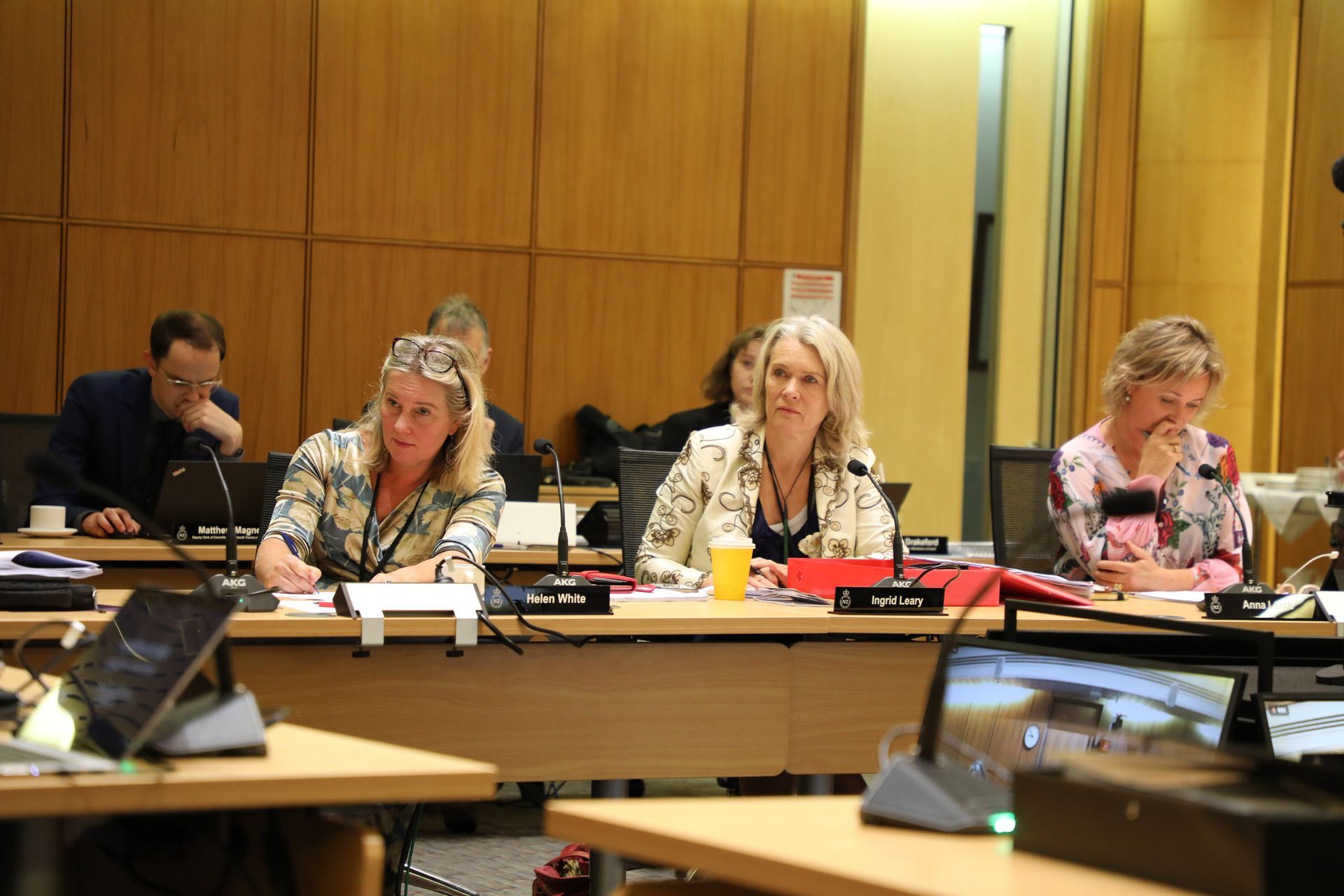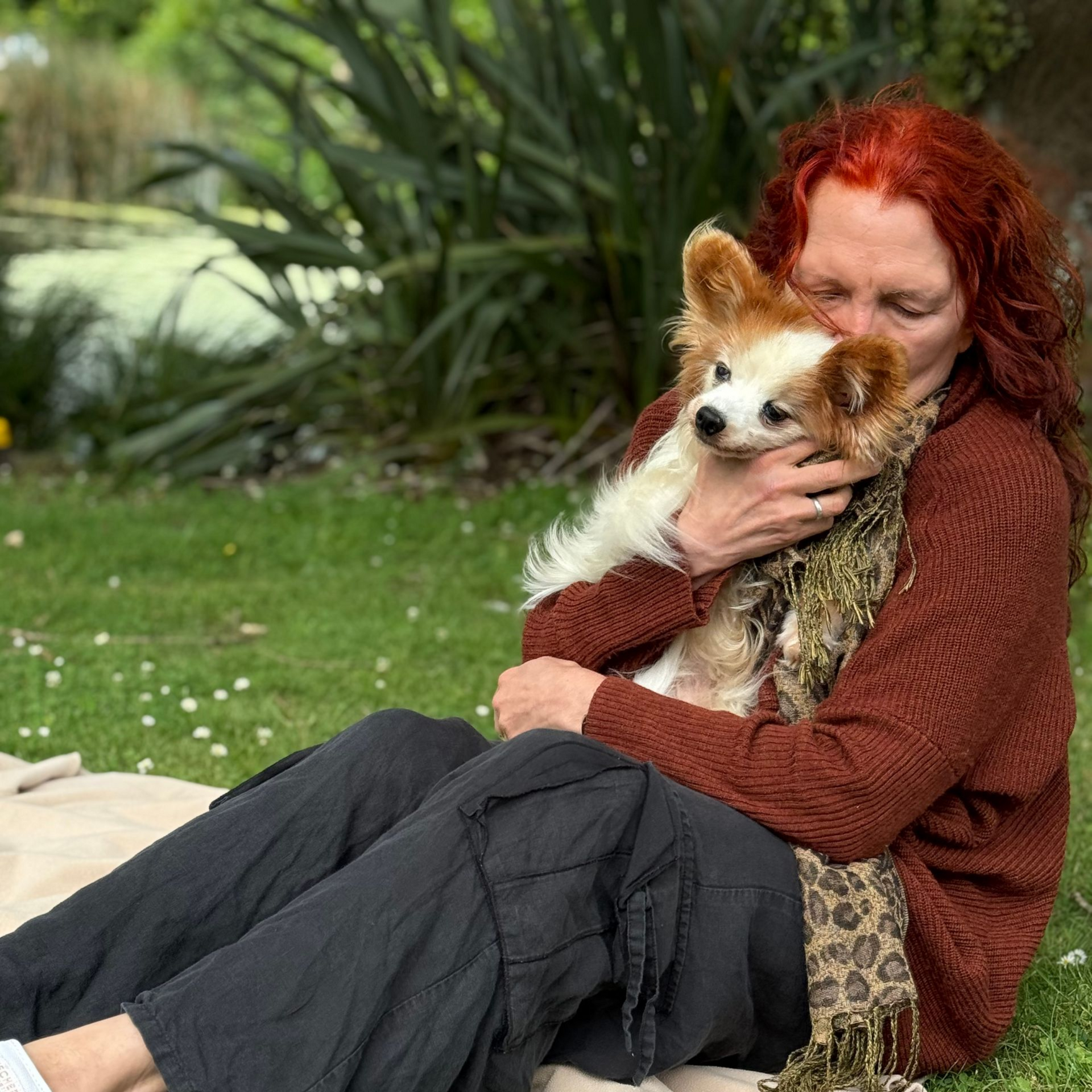Opposition Spokesperson for Seniors, Ingrid Leary, On Our Elderly Sector's Untenable Slide into Shame and Poverty . . . & Why We Must Arrest It URGENTLY

New Zealand, we have a problem . . . a problem that has crept up on us slowly but, unfortunately, steadily. It's a problem that, at both a broader societal and governmental level, we have paid grossly insufficient attention to.
But now it’s upon us like an oncoming freight train.
That problem is the entry into “senior-dom” of the huge Baby Boomer generation; a “bulge” in western society’s demographics that has created major demands, opportunities, challenges and changes as its front end has entered into each next new stage of its life cycle (followed ultimately by its back end).
With the Boomer bulge’s front end now well up in the senior sector age bracket, and its tail end crossing over the 60-plus point and also heading for retirement, the issues that have challenged that broad demographic for decades are intensifying to an unprecedented degree. And that natural intensification is being further helped along (in the most negative sense) by recent and continuing cost-inflationary trends.
The matter should now be concerning ALL of us. Taking even a quick glance at the baldest of statistics, we can see said “approaching freight train” factor: According to the 2018 census results, there were 819,600 people aged 65 years and over in New Zealand. By 2034 it is estimated there will be 1.2 million.
My recent interview with Grey Power’s new National President (“Do we pay the rates, heat a room, or have a proper meal this week?”), outlined the severity and the shameful deprivation in which many Kiwi seniors are now living.
And that, pitifully, includes those who are living in that state of deprivation alone and forgotten by society at large.
‘Inclusion’ Has A Genuine Meaning in this Parliamentarian’s Vocabulary
While the term “inclusion” has, in recent years, descended into the absurd terrain of wokeness, there’s one New Zealand Parliamentarian for whom the concept has retained both its original meaning and its intended seriousness.
That politician is Opposition Spokesperson for Seniors (and also for Mental Health), Taieri MP Ingrid Leary. And she’s not about to sit by and watch the above picture remain continually unaddressed and getting worse.
The multitude of challenges comprising the overall portfolio is almost without limit:
From the level of government benefit (or “pension” as it was once called) being insufficient to afford even decent quality food, to the increasing proportion of the sector that no longer owns their own home and is forced to join rental queues (often living in substandard digs, with some elderly folk actually “couch-surfing”), to cruel, financially-forced social isolation . . . and everything in between, Leary is going to need every ounce of her own personal and professional passion to make the dent she is intent on making.
And she’s going to have to make that dent against the odds she faces viz a viz the fact that she’s “only” the Opposition Spokesperson.
Addressing the Invisibility of Seniors Issues: A Series of Special Features Focused On Shining A Light On the Shame & Identifying the Solutions
In what will be a regular roll-out of Special Features over the next few months, I will be interviewing Leary on the many issues and challenges she sees as the key priorities.
We’ll be covering the magnified impact of the cost-of-living crisis on seniors, homelessness and the elderly, the age-related digital divide, aged care, elder abuse, hospice care, death without debt . . . and more.
The intention of this Series will be to alert Leary’s fellow Parliamentarians to the growing severity of these issues, and how – in many cases – they intersect with their own portfolios and areas of responsibility.
When Passion, Politician & Portfolio Collide
So, what sort of a politician feels such a degree of passion for such a challenging portfolio, and what drives her?
Ingrid Leary’s professional background is an impressive pot pourri of achievements and high-profile positions in the fields of law, journalism, and international relations and development . . . within, particularly, the geographic domains of East Asia and the Pacific.
Thus, while her drive seems to be of the intensity that can only come from a personal mission, it’s actually the various elements of her professional experience that come together to lay the ground for a very practical view of the issues.
A Brand of Passion that Breeds Pragmatism
In fact, her approach and her objectives are intensely pragmatic:
“I am absolutely passionate about policies that mean everybody is valued and that everybody can contribute to our national community, whatever that means within any given set of circumstances,” she says.
“Including everybody as a citizen of equal value, and equal potential, no matter their age, is the most reasonable and rational way for a society to operate if it wants to be efficient.
“If everybody is empowered to contribute optimally in a genuinely inclusive country, this breeds a healthy society in multiple regards.
“There’s a wealth of evidence to point to. We have teenagers going off the rails because parents are too time-poor to provide the care and stabilising influence a young person needs at critical times in their life, just by way of a single example.
"And there are many, many smart and capable retirees who could, and wish to, contribute to society, but they can’t, simply because their primary priority every day is sheer survival . . . back to the 'Do I eat, heat a room, or pay the rent or rates today?' dilemma.
“It’s a huge societal disconnect,” she says, drawing on her observations of better-functioning alternative structures, from her journalistic, and economic and community development, postings in the Pacific.
“Many of these issues have their roots in the way we are structured as a society. So much of it just doesn’t work.”
The Most Forgotten of the Forgotten
Leary is the Member of Parliament for Taieri – one of the poorest, and “oldest” regions of New Zealand, demographically speaking. The electorate includes South Dunedin and stretches south of Balclutha down to Kaka Point and westward to Middlemarch.
While many seniors opt to live in South Dunedin because its flat topography reduces accessibility challenges, it is - regardless - traditionally a poor area.
“The reason I asked for this portfolio is because my electorate has one of the most aged populations in New Zealand,” Leary said. “Around 25 percent of Taieri’s populace is over the age of 60, and many are disabled. The average annual income across the entire electorate is $26,000, which makes it one of the most economically deprived areas in the country.”
Giving Voice to the Voiceless
The common theme throughout Leary’s impressive pre-politics career, with its many international postings as well as her earlier pro bono legal work, has been giving a voice to the voiceless in society. And the time has well come to bring that experience and those insights to bear with regard to the alarming problems now facing Kiwi seniors.
Her desire to make a genuine change is intensified by her family’s multi-generational Otago background. Various historic Queenstown and South Dunedin cemeteries contain the “old bones” of her ancestors who, by way of example, on her father's side, immigrated from Ireland and worked tough lives in the 1800s Glenorchy gold mines.
Her Dutch mother, too, was no stranger to a tough upbringing before her own arrival on New Zealand shores, having survived the Nazi holocaust and an early life navigating bomb shelters, followed by life-threatening tuberculosis which, in turn, saw her shipped off and separated thereafter from her family.
WATCH FOR THE NEXT INSTALMENT, IN WHICH LEARY PULLS BACK THE CURTAIN ON HOMELESSNESS AND THE ELDERLY . . . AN INCREASING & HORRIFYING TREND.









